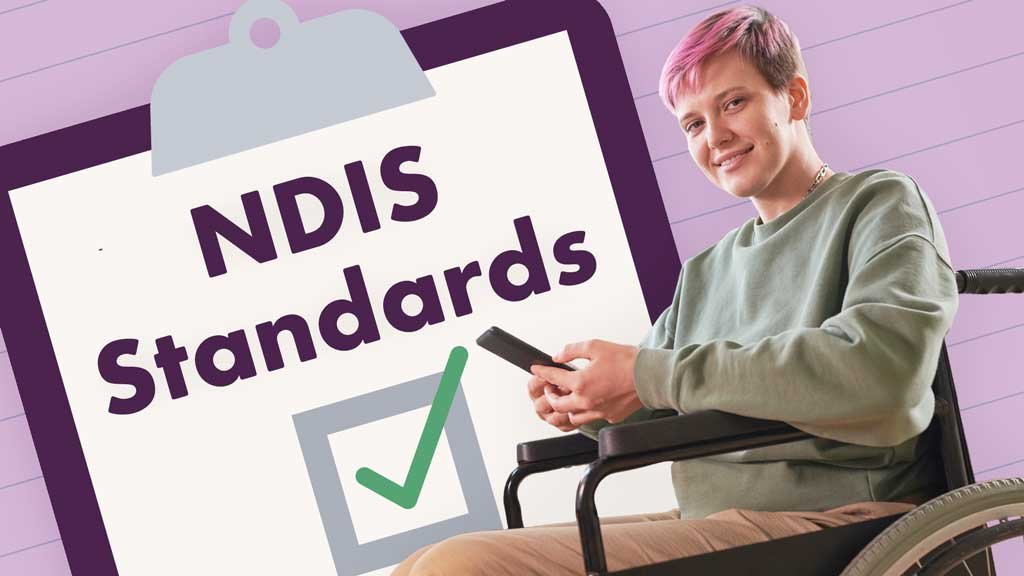NDIS Practice Standards: A Comprehensive Guide
The National Disability Insurance Scheme (NDIS) Practice Standards are a set of guidelines that all NDIS providers must adhere to. These standards ensure that participants receive high-quality support and services that meet their individual needs and goals. Key NDIS Practice Standards The NDIS Practice Standards cover a wide range of areas, including: 1. Ethical Behavior […]

